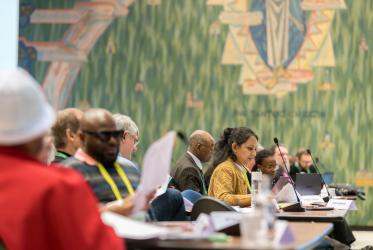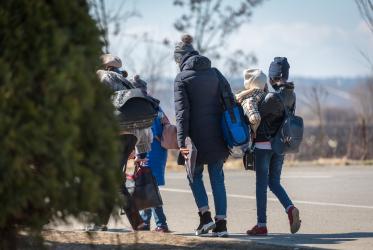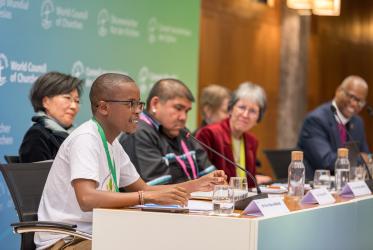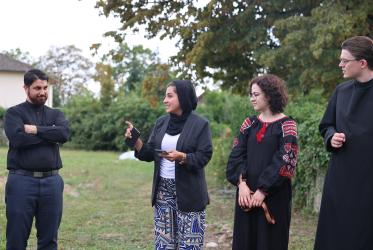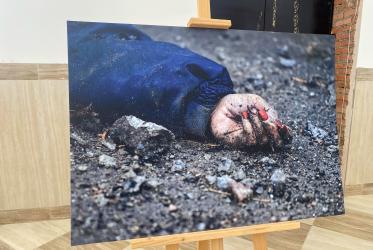Displaying 1 - 20 of 863
Bossey interfaith summer course
08 July - 17 August 2024
Consultation on strategic sngagement of the faith sector with migrants, refugees and other displaced populations for increased access to health and HIV services
12 - 14 March 2024
Ecumenical Center, Geneva, Switzerland
New chapter begins for WCC Faith and Order Commission
08 February 2024
Applications open for Bossey interfaith summer course
11 January 2024
Tackling sexual violence in war
14 December 2023


